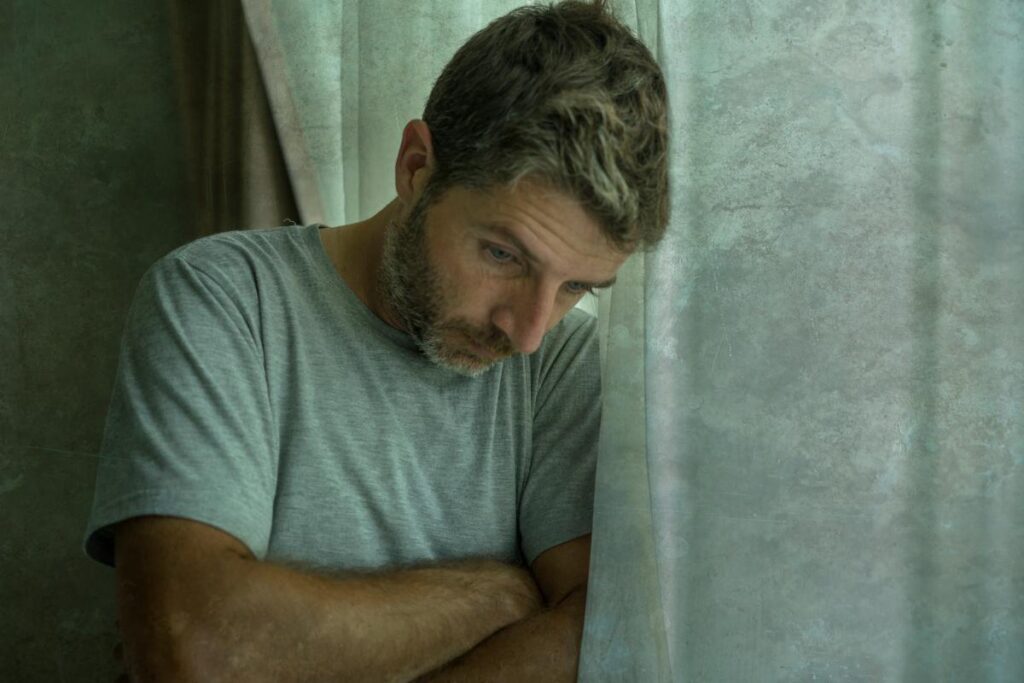With marijuana now legal in many states, it’s essential to know the facts about cannabis. While weed is often seen as a low-risk drug, there are some adverse side effects that come with taking too much. Thankfully, there is a low chance of a marijuana overdose—and an even lower chance of harmful side effects stemming from taking too much weed. Even though there is a low risk of negative side effects, marijuana can still be addictive.
If you or a loved one struggles to stop using weed, outpatient marijuana addiction treatment can help end the cycle of addiction so you can focus on a future without cannabis. With flexible scheduling and low intensity, our comprehensive care helps you learn the skills that can work for you rather than a generalized program. Get started today by calling 888.483.6031.
Can You Be Addicted to Marijuana?
While not everyone who uses marijuana will become addicted, it is possible to develop an addiction to cannabis. About one in ten people who use marijuana will become addicted. People who start using marijuana at a young age are more likely to develop an addiction. Symptoms of marijuana addiction can include:
- Craving marijuana when you’re not using it
- Giving up important activities to use marijuana
- Using marijuana even though it’s causing problems in your life
- Unable to control your use of marijuana despite your best efforts
Is a Cannabis Overdose Possible?
While it is possible to overdose on THC—the main psychoactive compound in cannabis—it is very unlikely. There have been no reported deaths from a THC overdose. Most people who consume too much THC will simply feel uncomfortable and may experience side effects like paranoia or anxiety. However, if you’re concerned that someone has overdosed on THC, look for these symptoms:
- Excessive sleepiness or fatigue
- Confusion or disorientation
- Severe anxiety or paranoia
- Hallucinations
- Rapid heart rate
If you or someone you know is experiencing these symptoms, seek medical help immediately.
How to Avoid a Marijuana Overdose
No one intends to overdose on THC, but it can happen if you’re not careful. Here are some tips to help you avoid consuming too much THC:
- Give it time – When consuming edibles, start with a small dose (five to ten milligrams) and wait at least two hours before consuming more. Edibles can take up to four hours to fully kick in, so it’s easy to accidentally consume too much if you’re not patient.
- Smoke slowly – If smoking or vaping cannabis, take small puffs and wait at least 30 minutes before taking more. Like with edibles, it can take a while for the effects of smoked or vaped weed to be felt, so pacing yourself is key.
- Be mindful – It’s easy to get caught up in the moment when you’re enjoying yourself, but it’s important to keep track of how much THC you’re consuming. If you start feeling uncomfortable, take a break and relax until the feeling passes.
- Cut down on your use – If you find that you’re using cannabis more often than you’d like, it may be time to cut back. Talk to your doctor about ways to reduce your use or quit altogether.
Marijuana overdoses are rare and usually not life-threatening, but it’s still important to be aware of the risks. By following the tips above, you can help ensure that you enjoy cannabis safely and responsibly.
The Role of Marijuana Addiction Treatment
Marijuana addiction treatment is a process that aims to help individuals who are struggling with marijuana use disorder. There are various forms of marijuana addiction treatment available, including inpatient and outpatient programs, therapy sessions, support groups, and medication-assisted treatment. These treatments offer different levels of care and support for individuals at different stages of their recovery.
In marijuana addiction treatment, the first step usually involves a detailed assessment and, if needed, detox. This assessment aims to understand the individual’s marijuana use patterns, any co-occurring disorders, and factors like psychological, social, or environmental influences on their addiction. This evaluation helps create a tailored treatment plan. Detox may be required for those highly dependent, creating a safe space for the body to eliminate THC. While marijuana withdrawal is generally milder than other substances, symptoms such as irritability, sleep issues, changes in appetite, and mood swings are managed medically.
After detox, treatment focuses on therapeutic interventions to help the individual understand their addiction, develop coping strategies, and build support. Cognitive-behavioral therapy (CBT) is often used in marijuana addiction treatment to help identify and change negative thought patterns and behaviors linked to substance use. Group therapy and support groups provide a community and shared experiences, encouraging discussions about challenges and recovery strategies.
Marijuana Addiction Treatment at Northpoint Seattle
If you or someone you love is struggling with a marijuana addiction, we can help. At Northpoint Seattle, we offer a variety of treatment options, including individual therapy, group therapy, and dual diagnosis treatment. We also have an intensive outpatient program that can help you transition back into your everyday life after treatment.
Call 888.483.6031 or use our online contact form to learn more about our evidence-based treatment programs.

